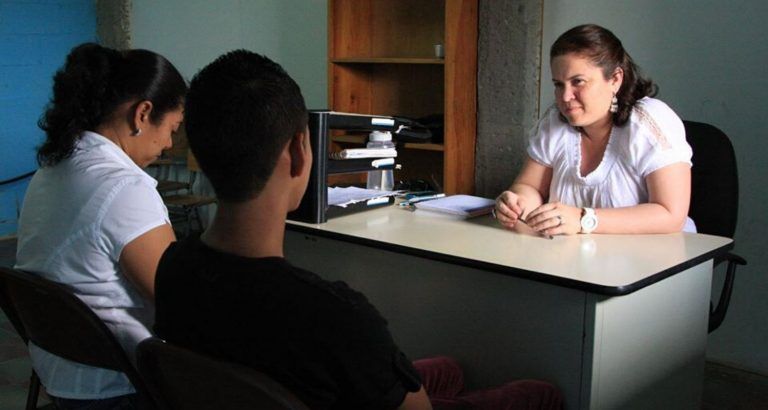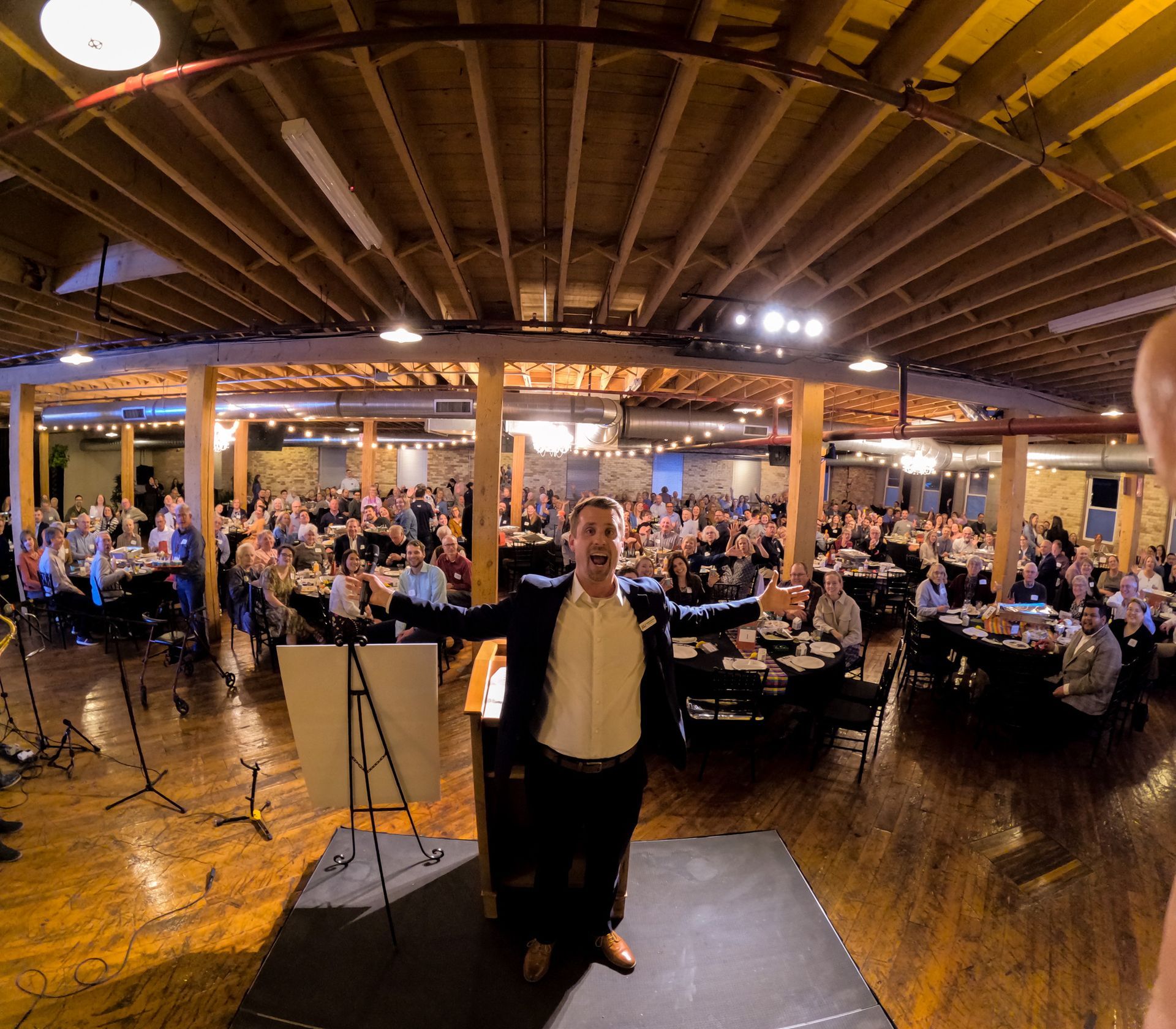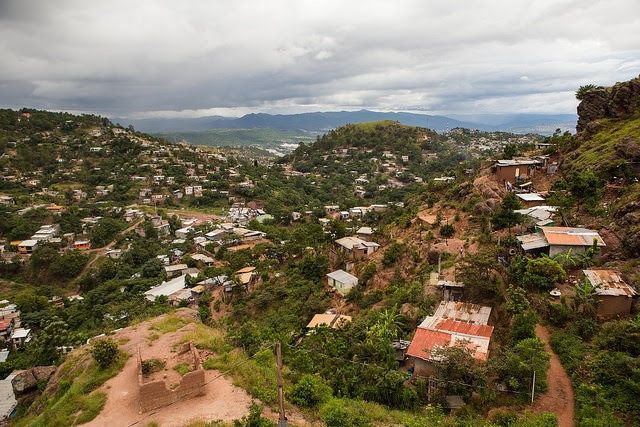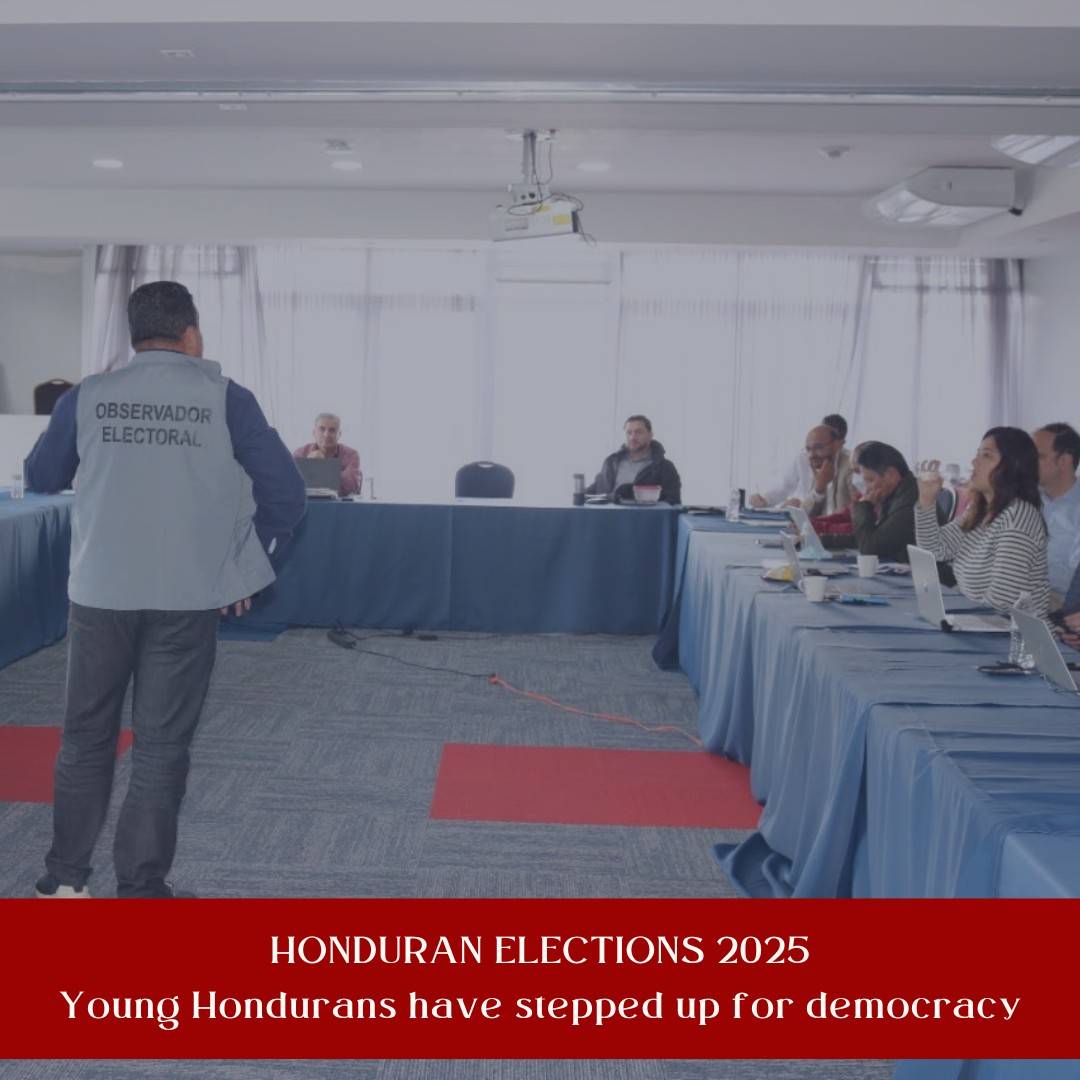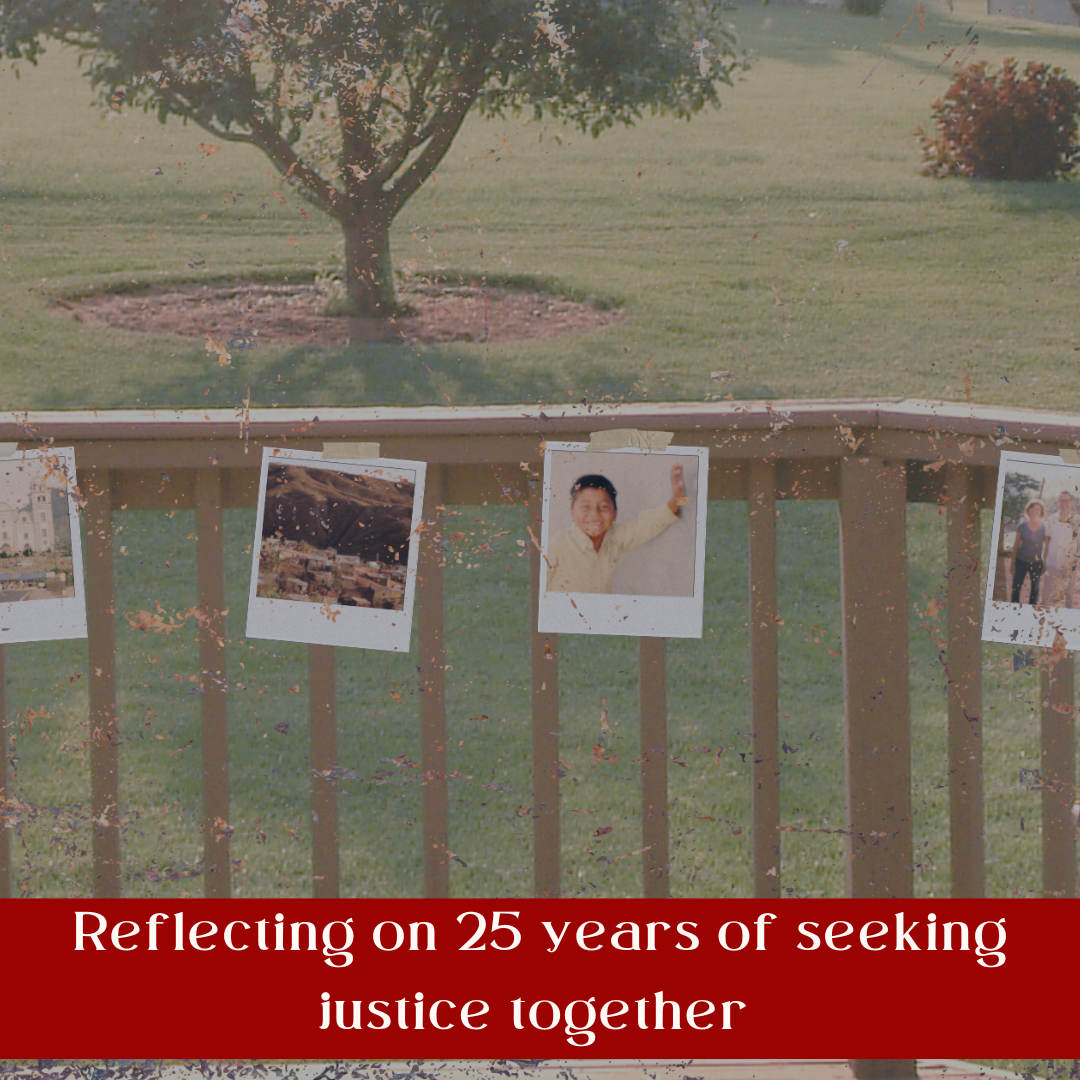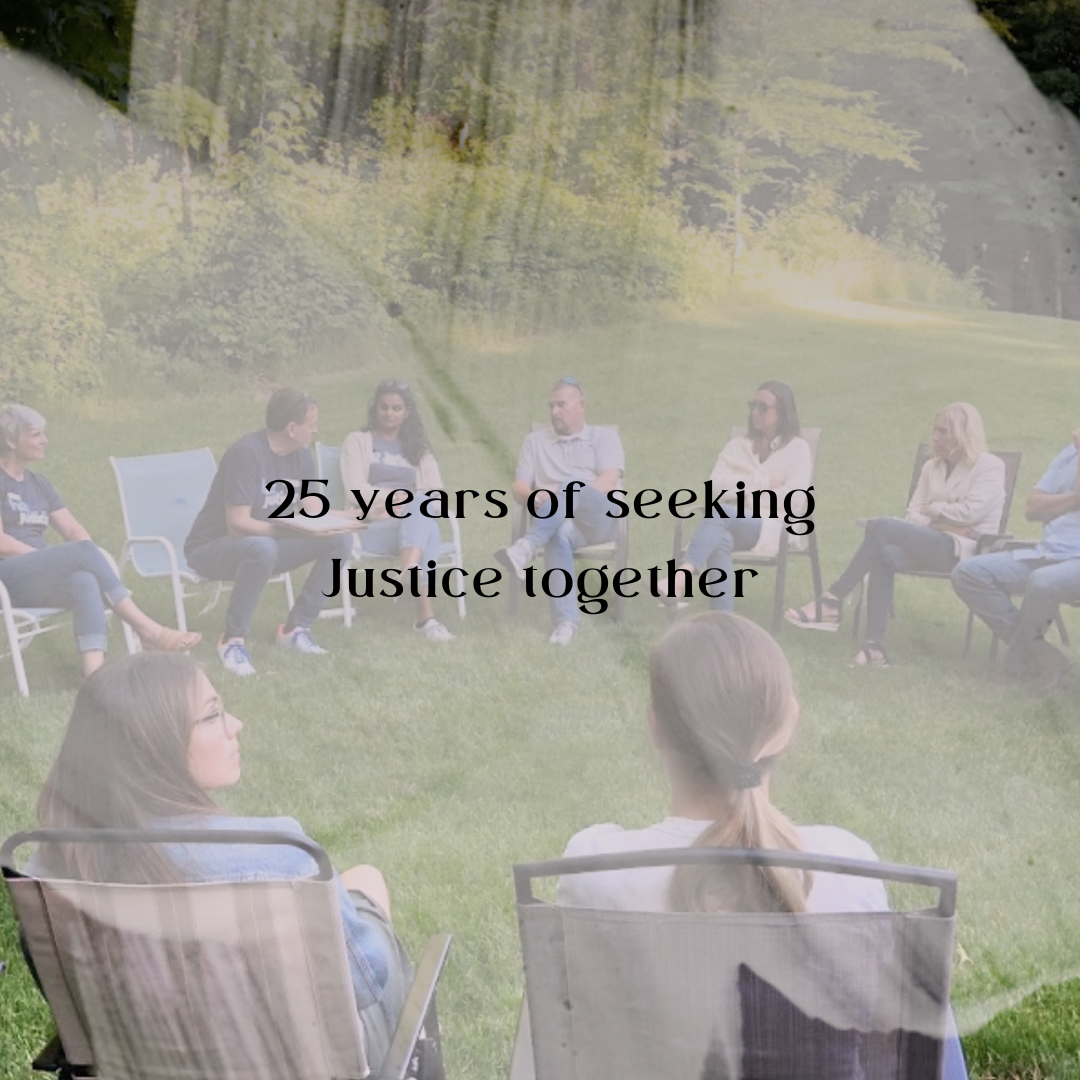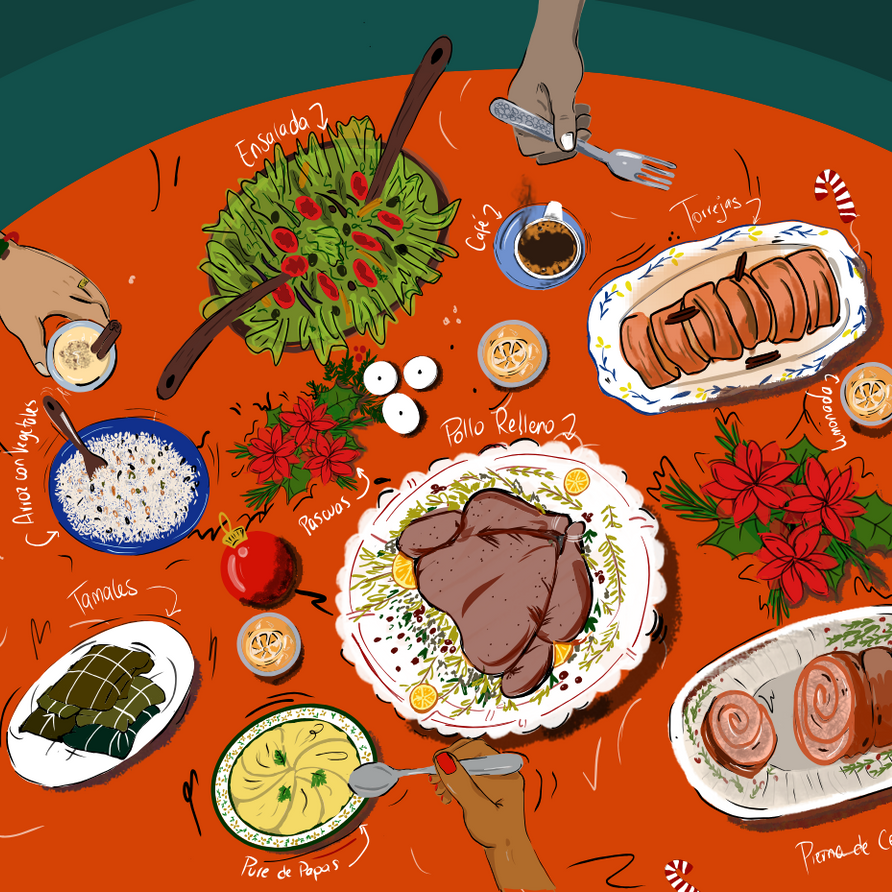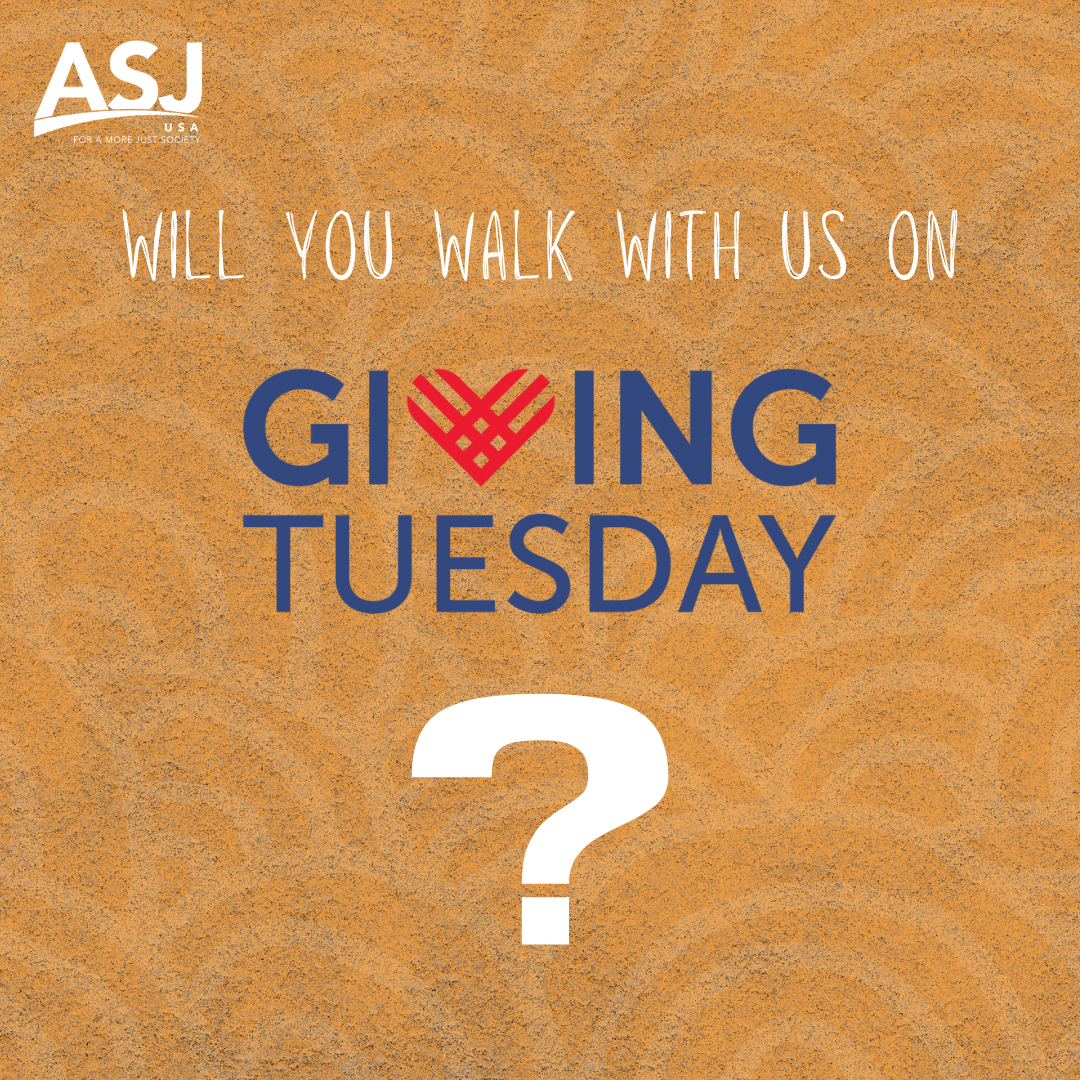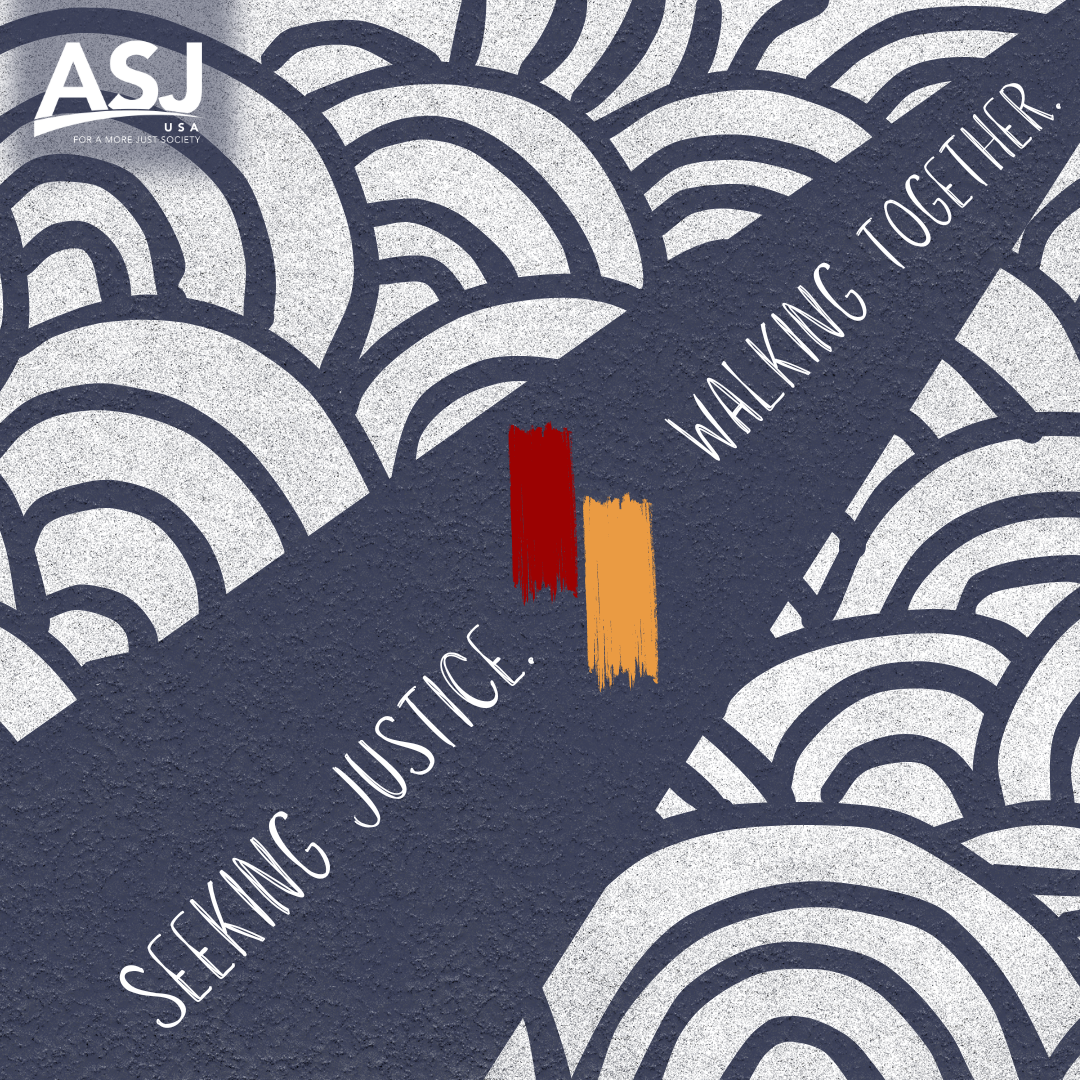December 5, 2017
“Those who sow with tears will reap with songs of joy. Those who go out weeping, carrying seed to sow, will return with songs of joy, carrying sheaves with them.” –Psalm 126:5-6
Kurt Ver Beek, co-founder of the Association for a More Just Society (ASJ, formerly known as AJS), came back to his home in Honduras to find his two children crying. In the dawn hours that morning, the father of one of their classmates had been killed as he loaded up his truck to buy vegetables to sell at a small stand. The father of their friend had been murdered for just a few dollars, another victim of the high levels of crime and lawlessness in their neighborhood.
A few days later, the wife of the victim came to Kurt and to Carlos Hernández, president of ASJ-Honduras, looking for help. “I know who killed my husband,” she said. Other neighbors had seen the men as they ran around the corner and pulled the masks off their heads.
Kurt and Carlos wanted to do something. They talked to a lawyer they knew, and made some phone calls to the police station, but they didn’t understand how the system worked, and they didn’t make any progress.
Months later, police would finally capture some of the men responsible for the murder of their neighbor, but not before they killed 13 more people – 13 victims who would perhaps have been alive if the murderers had been taken off the street after they killed their first victim.
Kurt and Carlos and their families felt helpless. But despite feeling overwhelmed by the violence in their neighborhood, they felt that they had to do something.
So, not knowing what fruit they would harvest, they began to plant some seeds.
Their community was not the most fertile soil for this work. In order for criminals to face consequences, the first thing ASJ would have to do was get witnesses to testify against them. But how could they earn the confidence of a population who feared even reporting crimes? Members of their community preferred to stay silent, knowing that police could be in league with the same criminals who had hurt them.
ASJ began confronting community violence with a single investigator and a single lawyer, both of whom acted as trusted bridges between victims of violence and the judicial system, helping victims navigate the complicated path to justice. Individuals may not have trusted the police, but they grew to trust ASJ, who knew them personally, supported them with emergency needs, and even prayed alongside them.
This trust would be instrumental in obtaining reports and witness testimony, and in earning convictions in case after case in the neighborhood.
This new project was called “Peace and Justice,” what ASJ hoped the project would bring to the struggling community.
And it worked. In 2005, the homicide rate in Kurt and Carlos’ neighborhood was a staggering 117 per 100,000. Just three years later, after Peace and Justice had earned multiple convictions, it had dropped to 40 per 100,000 – a 65% drop, even as homicides in the rest of the country nearly doubled.
In 2005, ASJ began working on an issue that everyone said was too big, too difficult, too complicated to solve. But they stepped forward fearlessly to seek justice, and saw the results promised by the Psalmists:
Seeds that had been sown with tears were reaped with songs of joy.




